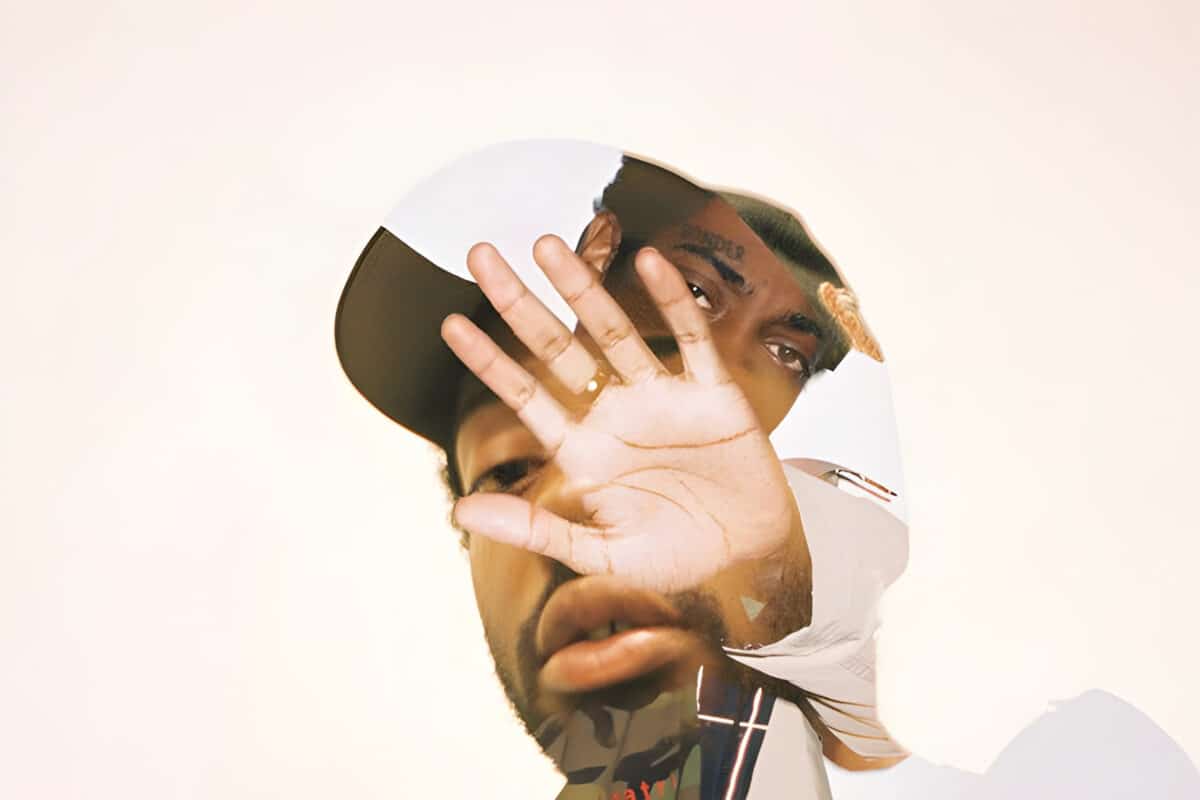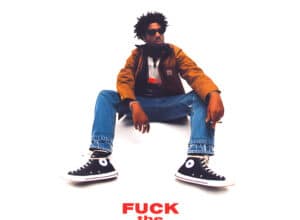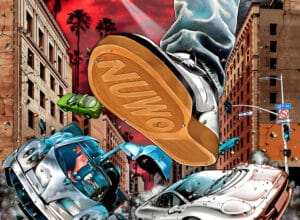Released: 2018
“Trust” by Brent Faiyaz is a deeply emotional exploration into the concept of trust, vulnerability, and love. It details the struggles of ‘riding solo’, of being known but feeling unknown, and the cry for real and honest companionship.
First, let’s dive into those verses and hooks. The lyric “Either you down or you ain’t, You either riding or you can’t” is pretty black and white. In the hip-hop vernacular, to be “down” means to be trustworthy or reliable, someone who stays loyal and sticks around no matter what. Faiyaz is essentially demanding commitment and loyalty – either you’re on my side, ready to weather whatever storm comes our way, or you’re not.
His usage of ‘Niggas’ in the line “Everybody need love, even niggas like me” reflects a certain level of vulnerability and self-awareness. Faiyaz is candidly recognizing that despite his hardened exterior, or the ‘realness’ that typically characterizes hip-hop personas, he still craves authentic connection and love.
When Faiyaz sings, “So much I wanna talk about, But I ain’t got no one to talk to” he’s expressing a deep loneliness and longing for true companionship or bond. It ties back to that overarching theme of searching for trust. He’s ‘always tryna work it out’ but it ‘always falls through’ – he’s trying to connect, to share, but is met with disappointment.
“Real shit, You told me I could trust you” again underscores this theme. ‘Real shit’ is an indication of seriousness, authenticity. Faiyaz is recalling a promise that was made to him – a promise of trust and truth. The plea “stay ten toes for a nigga” means to remain loyal and grounded, the term “ten toes” references standing firm.
The lyrics “Hood fame, everybody know my name, When I come through, But don’t nobody scream it like you” talks about the superficiality of fame. Despite his fame and recognition, it’s the person he’s singing to – presumably a love interest – who truly understands and values him for who he is, not just for his persona or public image.
The lines “Just some peace is all I need, So why can’t I get that for free?” further emphasizes the cost of fame and success. He yearns for peace but understands that in his position, true peace is a luxury he can’t just ‘get for free’ – it’s not readily available or easy to achieve.
“You told me I could trust you, Don’t lie (I ain’t running game on you)” Here, Faiyaz reemphasizes the theme of trust and honesty. He’s not “running game,” meaning he’s not manipulating or misleading – he’s being genuine.
The final line: “If I tell you, will you use it when I’m low?” encapsulates the fear behind his struggle with trust. It’s the fear of vulnerability, the concern that if he opens up and becomes truly honest, his words, emotions, or actions could be manipulated and used against him when he’s at his most vulnerable.
“Trust” beautifully depicts the struggle between craving real, genuine connection, and battling the fear of being open and vulnerable. Brent Faiyaz speaks not just for himself but resonates with many who deal with these same complexities of relationship and self-disclosure in their lives.








